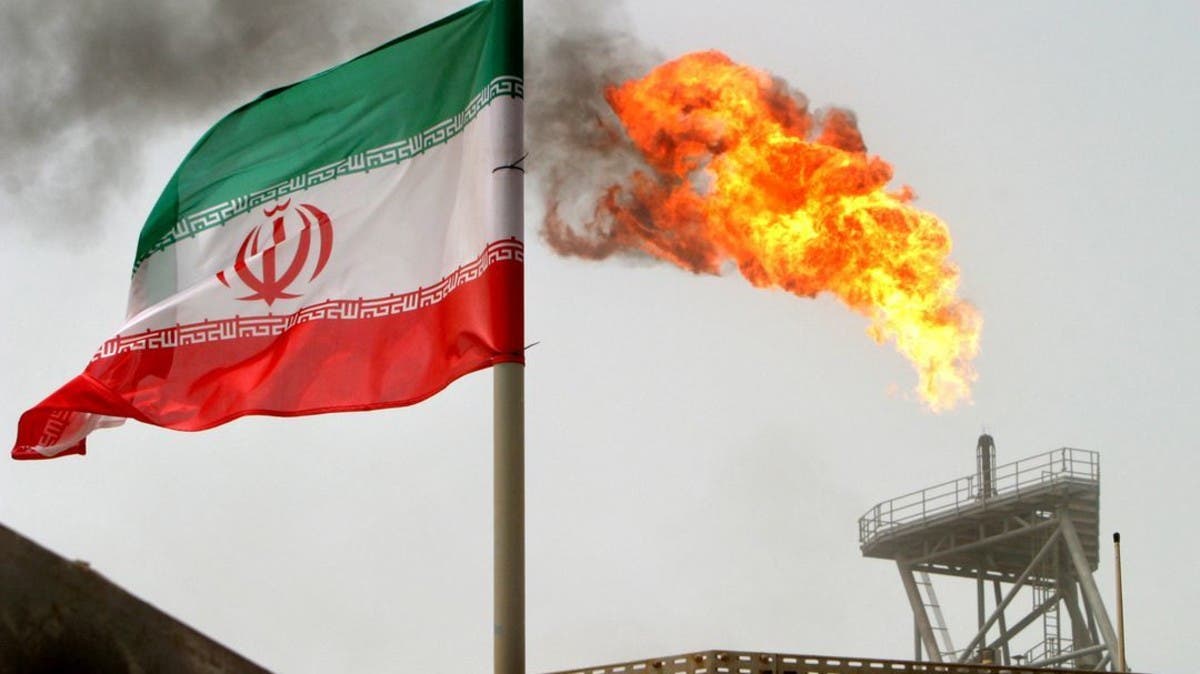Iranian oil exports have risen to more than 1 million barrels per day for the first time in almost three years, based on estimates from companies that track the flows, reflecting increased shipments to China.
Tehran's oil exports have been limited since former US President Donald Trump in 2018 exited a 2015 nuclear accord and reimposed sanctions aimed at curbing oil exports and the associated revenue to Iran's government.
Iran has kept some exports flowing despite sanctions as intermediaries find ways to disguise the origin of the imports. Tanker tracking companies say China is the destination of most of those shipments.
President Joe Biden's administration has discussed the imports with China but has not imposed sanctions on Chinese individuals and companies. Beijing has urged the US to lift the sanctions on Iran, which China opposes.
For the latest headlines, follow our Google News channel online or via the app.
Indirect talks between Iran and the US on reviving the nuclear deal resumed on Tuesday. If the talks are successful, Iran could restart open oil sales.
Iran managed to increase exports in 2021 despite the sanctions, according to estimates from oil industry consultants and analysts. Those exports remain well below the 2.5 million barrels per day (bpd) shipped before the reimposition of sanctions.
Consulting firm Petro-Logistics, which tracks oil flows, said Iran's crude exports surged in December to more than 1 million bpd, the highest level in almost three years, although they fell back to about 700,000 bpd in January.
“We wouldn't expect to see 1 million bpd consistently until there is a change in the political landscape,” said Petro-Logistics Chief Executive Daniel Gerber.
A senior trade source said January volumes dropped by about 300,000 bpd from December and added that the volumes fluctuate because there is a shortage of ships.
The increase in Iranian exports comes as tight global supply has helped to push oil prices to a seven-year high of $94 a barrel. A lifting of US sanctions would in theory allow Iran to start bringing crude exports back toward 2.5 million bpd, a rate last seen in 2018.
Iran's oil and foreign ministries did not respond to a Reuters request for comment on the oil export levels.
China's foreign ministry, in response to a question on China's Iranian oil imports, said:
The “international community, including China, has been conducting normal cooperation with Iran under the global legal framework, which are both reasonable and legitimate. They deserve respect and safeguard,” the spokesperson's office of China's Foreign Ministry said.
Higher in January
SVB International, another consulting firm that tracks Iranian oil supply, also noted an increase in Iranian crude exports to more than 1 million bpd, although it registered the increase in January rather than December.
Crude exports reached 1.085 million bpd in January, based on SVB estimates, up from 826,000 bpd in December. SVB has not seen a big difference from January exports to date in February.
“I don't think it can go much higher without a waiver,” said Sara Vakhshouri, president of SVB.
January's exports are the highest since waivers were stopped by the Trump administration, she said. The waivers had granted exemptions for certain buyers of Iranian oil and these were stopped in 2019.
There is no definitive figure for Iranian exports and estimates often fall into a wide range. Iran generally does not release oil export figures.
Last year, China brought in an average of 600,000 bpd of Iranian oil, mostly sold as crudes from other sources such as Oman, the UAE and Malaysia, oil and gas data analysts Vortexa Analytics said. That compared with the pre-Trump peak recorded by Chinese customs in 2017 at some 623,000 bpd.
China in January reported the first official imports of Iranian crude in a year.
Another source who tracks Iranian flows put the December volume even higher at 1.2 million bpd, although he agreed with Petro-Logistics on the downward move in January shipments.
“Almost all of that volume went to China,” said the source, who is not authorised to speak to the media.
Read more:
Oil prices fall on positive signals from US-Iran nuclear talks
Oil prices slip from seven-year high ahead of more US-Iran talks
Iranian supertanker carrying condensate docks in Venezuela


 World3 years ago
World3 years ago
 World3 years ago
World3 years ago
 Business11 months ago
Business11 months ago
 Entertainment7 years ago
Entertainment7 years ago
 World7 years ago
World7 years ago
 Entertainment7 years ago
Entertainment7 years ago




